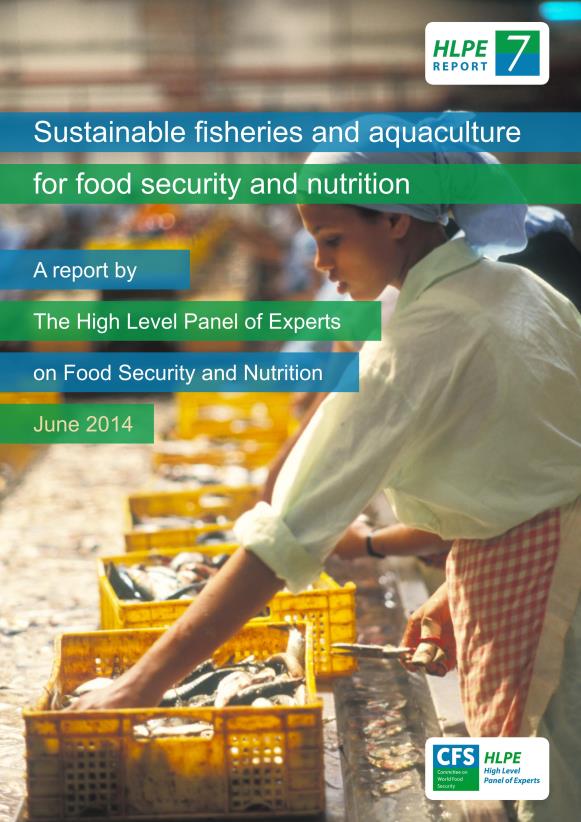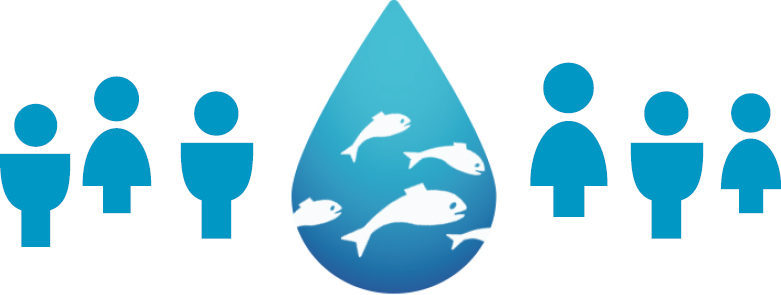Proposal for update of the HLPE report 7, on Sustainable Fisheries and Aquaculture for Food Security and Nutrition
Norway, supported by many other stakeholders has proposed that the UN Committee on World Food Security (CFS) should provide an update of the HLPE report 7, on Sustainable Fisheries and Aquaculture for Food Security and Nutrition, from 2014, and if needed followed by an update the related CFS recommendations
These CFS outcomes has been important for the work to promote sustainable fisheries and aquaculture, and to mobilize actions to include aquatic foods as a key food source for food security and nutrition.
The mission statement of the Global Action Network on Sustainable Food from the Ocean and Inland Waters for Food Security and Nutrition, refers to these recommendations in its Mission statement. .
The 2014 report was ahead of its time. It had a food system approach. It presented a synthesis of existing evidence on the pathways between fisheries and aquaculture and food security and nutrition, in relation to other food systems and as part of a healthy diet. It included the environmental, economic, and social dimensions, as well as governance issues. Moreover, it underscored the importance of aquatic foods for nutrition and livelihoods, and as vital to battle hunger and malnutrition. It described threats and risks for the world’s fisheries, including the effects of climate change. It covered challenges and opportunities in aquaculture, the importance of small-scale fisheries -trade and market issues, social protection, and labour rights, and finally, the importance of fully addressing the gender dimension
A lot of new knowledge has emerged on these topics over the past decade. In 2024 it will be ten years since the CFS had aquatic food on the menu and presented this fine report. An updated report, to be presented in 2024, would be timely and important to ensure that our actions are based on the latest knowledge. Norway presented this proposal at the CFS MYPoW open meeting 3.March, and underscored that the HLPE panel should include relevant cross-sectorial competence and continue the same holistic sustainable food system approach as the first one -from healthy waters to healthy people – including a balanced approach to the environmental, economic, and social dimensions.
This work will contribute to the strategic targets of the CFS and contribute to many of the sustainable development goals.

